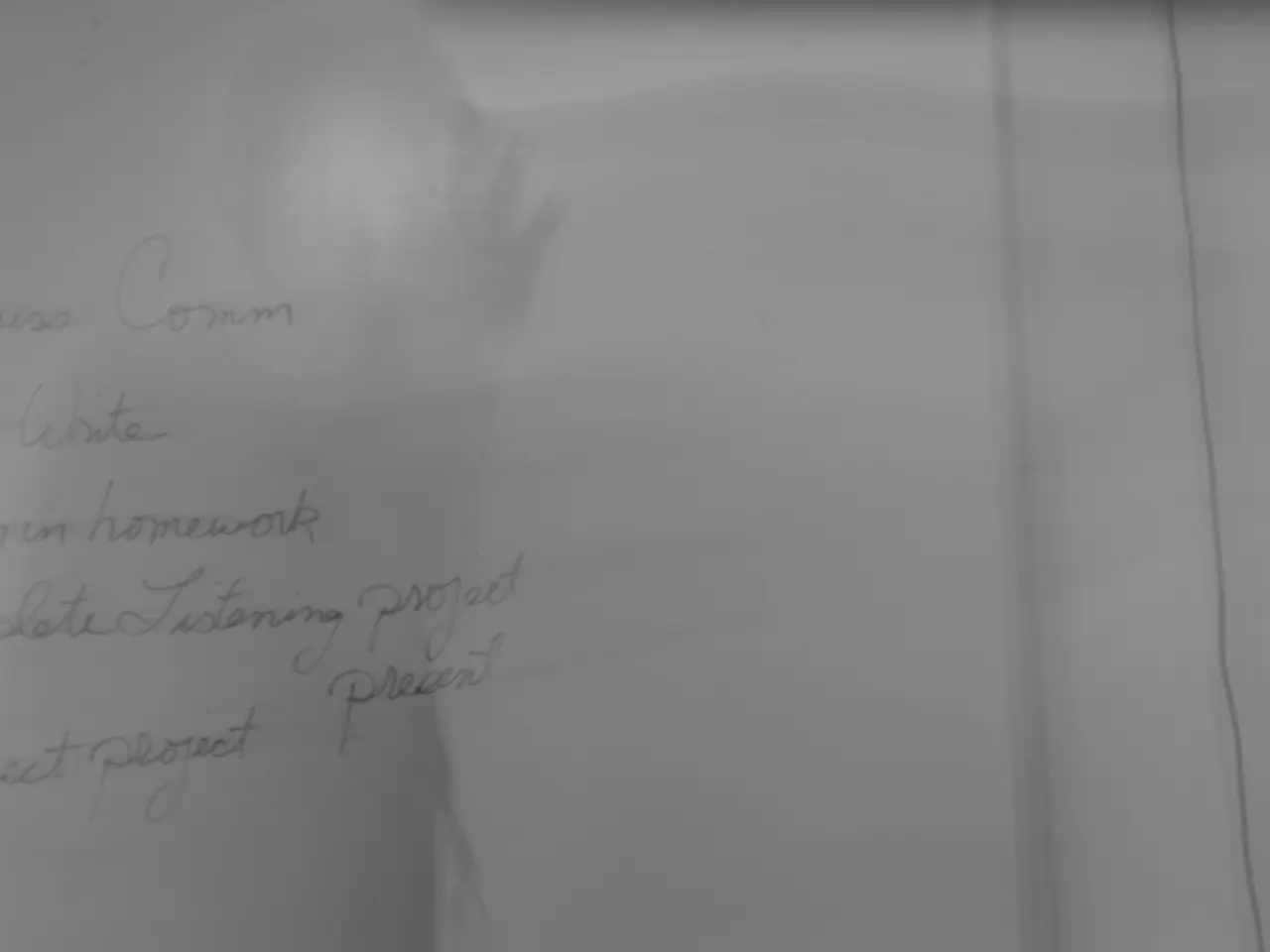"A sustainable socio-economic structure appears to be at risk if current trends persist"
Rainer Dulger, President of the Federal Association of German Employers' Associations, has issued a warning that the welfare state in Germany is on the brink of collapse. He emphasizes that maintaining all current benefits is no longer affordable, especially given the enormous administrative costs - around 25 billion euros annually just for the administration of the social system.
Dulger calls for urgent welfare system reform focused on cutting unsustainable benefits and costs. The key reform proposals include cutting or restructuring welfare benefits, recognizing that Germany cannot afford the current level and scope of welfare benefits, and encouraging shifts in labor policies to support welfare sustainability.
One such proposal is extending working life due to demographic changes, increasing life expectancy, and lower average annual working hours compared to other countries. Another idea is introducing more flexibility in work hours to balance work and family needs, indirectly supporting workforce participation and economic productivity.
Other reform ideas, though not directly from Dulger but relevant to the broader debate, include introducing special solidarity contributions on pension income for wealthier retirees to stabilize the pension system without burdening younger generations.
Dulger sees potential for savings in digitization and the use of AI. He has expressed concern about the inefficiencies in the social security funds, stating that a lot of money is being wasted. He has also suggested that social contributions should fall below 40 percent, with everything over 40 percent being like a penalty tax on work.
The German government plans to reform the citizen's income in the fall, with the goal of closing the gap between workers and non-workers. Dulger has urged the reform commission announced by the coalition to present concrete points on how to reform and improve the social security systems as soon as possible.
However, Dulger sees the political implications of these reforms, stating that the welfare state becoming more targeted and fairer could strengthen the political centre. He also acknowledges the social concerns, with many people turning to extreme political fringes due to feelings of being un-rewarded for their hard work, and many taxpayers being angry because neighbours who have never worked are treated equally.
In conclusion, Dulger calls for an urgent reboot of the welfare state, emphasizing the need for reforms to avert collapse by balancing social spending against Germany’s economic and demographic realities. These reforms aim to ensure the sustainability of the welfare state for future generations.
[1] "Dulger forcht Wohlfahrtsstaat bricht zusammen" - Handelsblatt [2] "Dulger: So muss der Wohlfahrtsstaat reformiert werden" - Spiegel Online [3] "Arbeitsministerin Reiche fordert längere Arbeitszeiten" - Tagesschau [4] "Boomer-Soli: Solidaritätsbeitrag für Rentner" - Focus Online [5] "Flexible Arbeitszeiten fördern Wirtschaft und Familien" - Die Zeit
- The President of the Federal Association of German Employers' Associations, Rainer Dulger, is advocating for reform in the welfare state, with a focus on cutting unsustainable benefits and costs, as reported by Handelsblatt.
- In an interview with Spiegel Online, Dulger emphasized the necessity of reforming the welfare state to maintain its sustainability for future generations, citing concerns about the state's current financial state and the need to balance social spending against economic and demographic realities.




